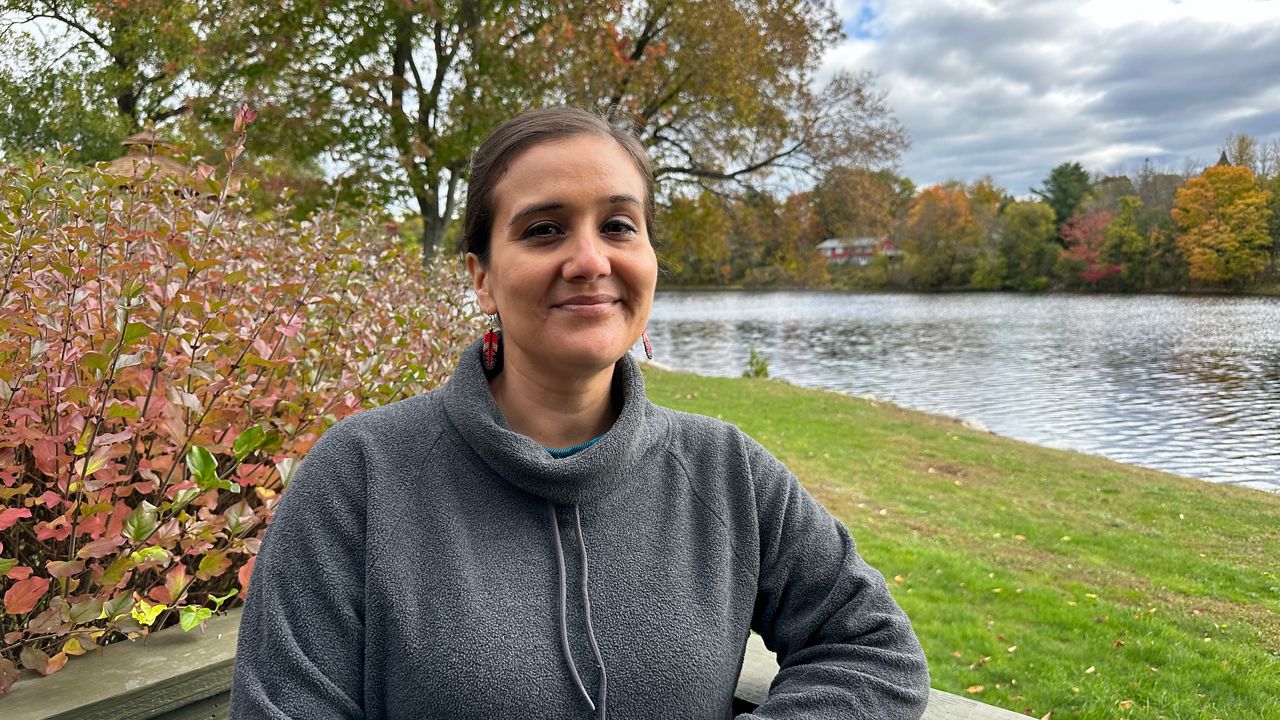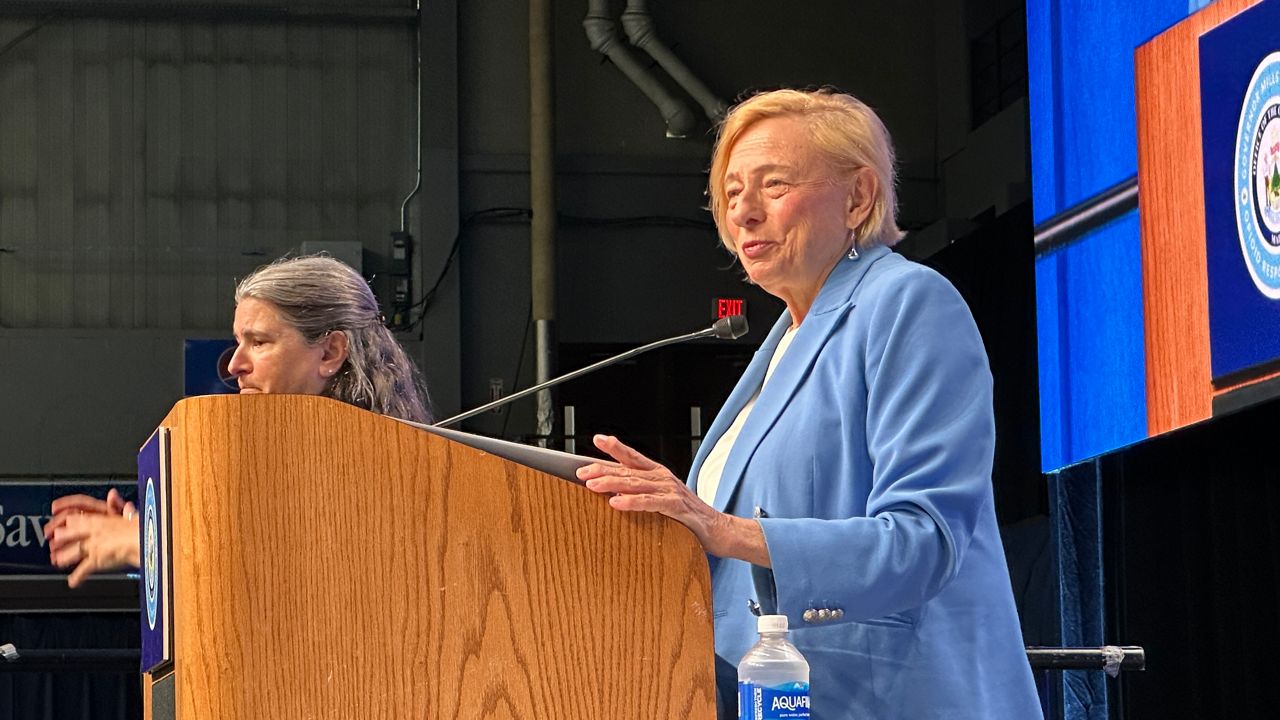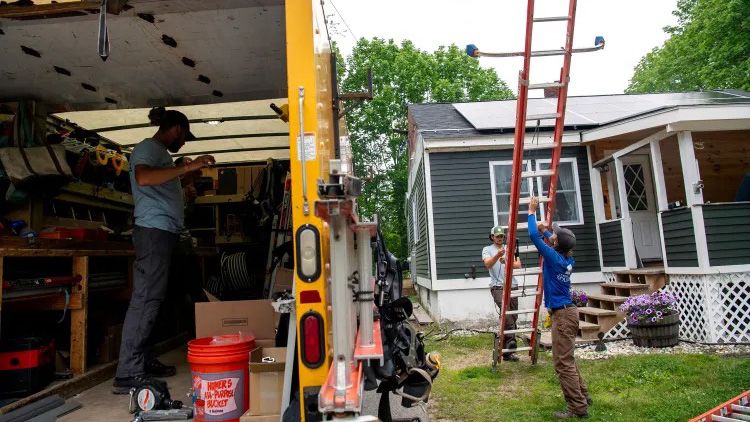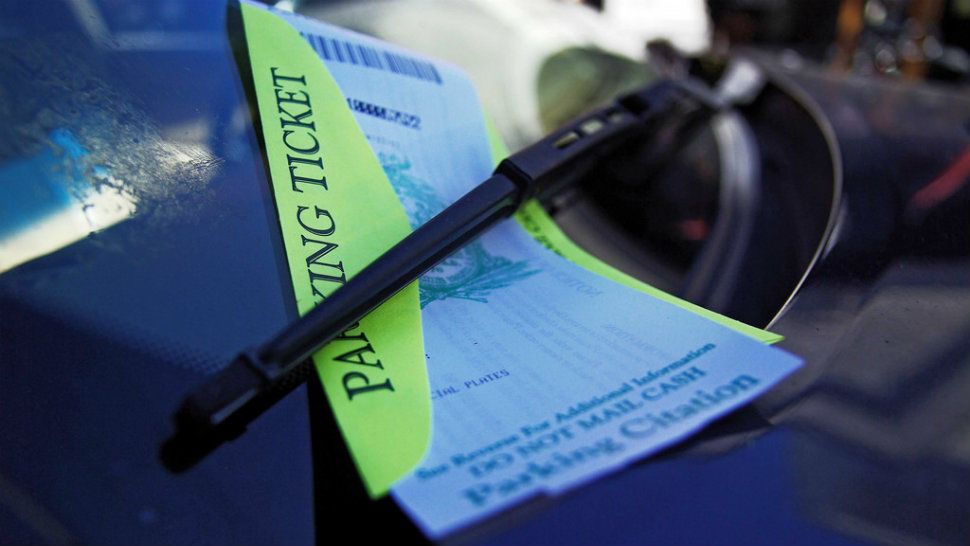More than four years ago, tribal leaders in Maine joined together to form the Wabanaki Alliance to help everyday Mainers understand their story and to grow their political power.
It was a time when the murder of George Floyd filled television screens with horrific images.
“There was this sort of outcry across the country for racial justice for equity for even just respect of all people,” said Maulian Bryant, the incoming executive director of the alliance. “People started to sort of care about people like Indigenous people.”
In March 2021, they hired John Dieffenbacher-Krall, who has an extensive background in social justice work, as a consultant. The following January, he came aboard as the group’s first full-time employee and executive director.
In the time since, the group has made progress in the halls of the State House, with new laws giving them increased power over criminal justice issues, water quality improvements and better relations with state government.
Now when they walk into a room, Dieffenbacher-Krall says politicians walk up to them, seeking to express their support for continued tribal rights.
“You can’t advance public policy reform changes if people in those offices don’t feel like there’s a mandate to act on them,” he said. “I think we’ve done that really well.”
And it’s not just what’s happening in the State House.
In September, the group announced a new coalition of 300 businesses and organizations who support full tribal sovereignty. They also announced that Dieffenbacher-Krall will be stepping down at the end of the year and will be replaced by Bryant, the former Penobscot Nation ambassador.
“The Wabanaki Alliance has really grown beyond what I could have dreamt,” Bryant said. “We have a large coalition of supporters and allies and friends. We have engaged passionate tribal leaders and we have made some real progress.”
That includes the establishment of Indigenous Peoples’ Day, safeguards in child welfare cases, prohibiting Native American mascots in public schools and overwhelming passage of a ballot question that restores language to the Maine Constitution regarding tribal rights.
Yet, the tribes in Maine continue to be the only federally recognized tribes in the country that do not have sovereignty, which gives them the right to form their own government and make their own laws.
Gov. Janet Mills, a Democrat with two years left in her term, has opposed legislation proposing full sovereignty and a separate bill to give tribes direct access to federal Indian laws.
Mills has said she fears sovereignty would bring increased litigation that could drag on for years.
But Bryant says Maine can look to other states to see how it might work.
“A lot of the resistance to these changes is based in fear of the unknown, but it doesn’t have to be unknown because we see it in every other state,” Bryant said. “You don’t have tribes rising up and overthrowing state governments because they have these powers. You see tribes working with the state and also enjoying that robust relationship that we’re entitled to with the federal government.”
Bryant said the strategy for the next two years is likely to be carving out smaller pieces of legislation to continue to move the ball forward.
But eventually, the overall goal is still full sovereignty.
“We’re going to keep a sharp focus on having the tribal sovereignty of Wabanaki Nations in our homelands now called Maine fully recognized by the state,” she said.
As he prepares to move on from the alliance, Dieffenbacher-Krall urged Mainers to study how lawmakers voted on key issues before they cast their ballots on Nov. 5.
And he recalled that the Maine Indian Tribal-State Commission unanimously agreed that the current way tribes are governed in Maine constitutes “a human rights violation.”
“We have a standing human rights violation that’s governing a whole group of people,” he said. “We need to make that a top priority to change that."











